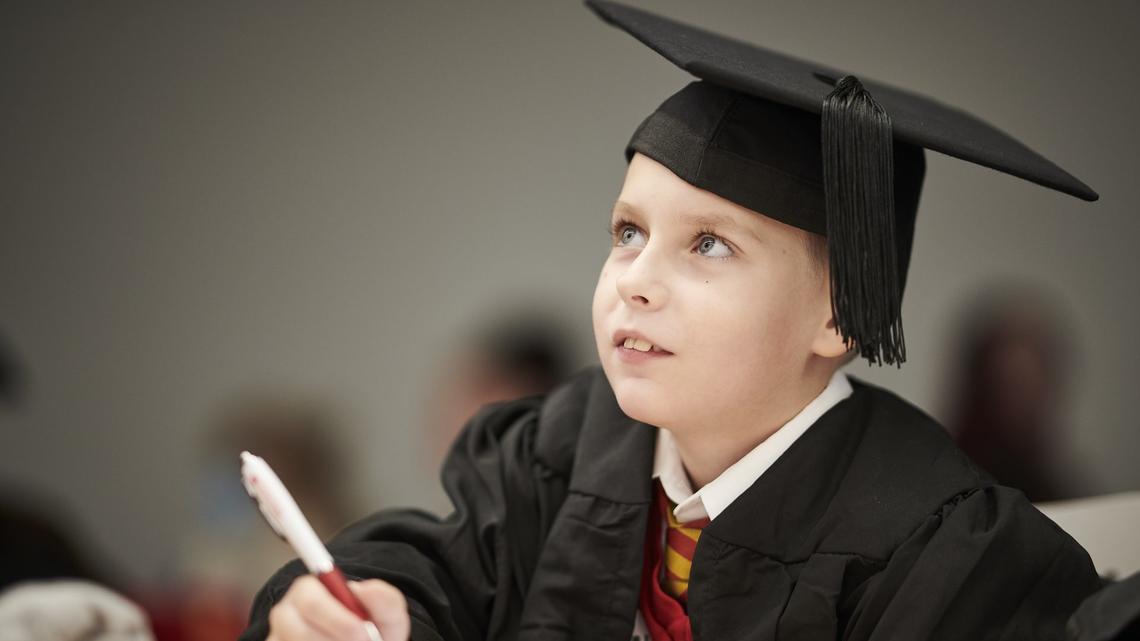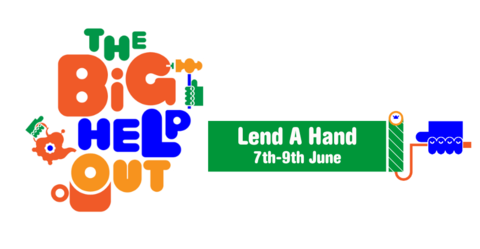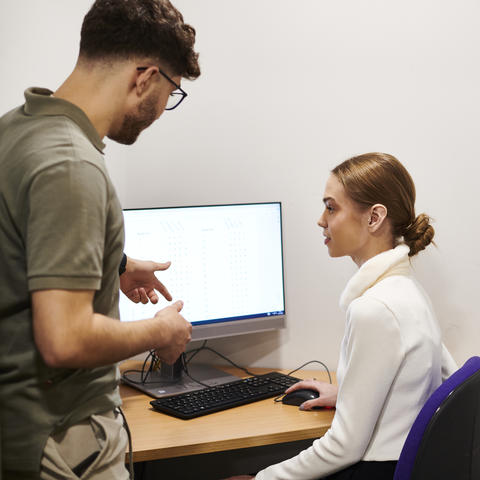You will get paired with a young person aged between 10 and 17 years. You will lead one-to-one sessions, supporting your mentee with academic skills, social and emotional development, and future thinking. You will also attend group events with other mentoring pairs and celebrate your achievements at our annual Mentoring Celebration.
Mentoring sessions are 1 hour and pairs meet every 2 weeks throughout the academic year.
We expect volunteers to commit to a minimum of 5 volunteering hours.
You will have the opportunity to build a relationship with a young person and be an inspirational role model.
You will be invited to additional development training opportunities to gain further skills to help support you with volunteering.
Flexibility in volunteering around exams and holidays.
You will be invited to group social and celebratory events.
This Training and Selection process is a 3-hour virtual session. At this session, volunteers learn about IntoUniversity and the logistics of the University Student Mentoring scheme. This session includes an in-depth safeguarding section as well as a section on how to prepare you for working with young people as well as how to have impactful mentoring meetings.
IntoUniversity asks for volunteers to be committed to the role and to provide the best support possible for their mentees. As well as being enthusiastic and having a proactive approach and having the ability to build a positive relationship with a young person.
IntoUniversity asks for volunteers to plan their mentoring sessions in advance, with the support of IntoUniversity staff. Activities might range from helping their Mentees with their homework or working on their public speaking, to baking a cake together or taking part in a group trip to a university.
Similar Opportunities

You will support people to access healthcare and overcome barriers, providing much-needed practical support. Your time can be split between working at our Outreach Services in East London, and on our remote Advice Line.
Children with Voices, a non-profit organization dedicated to empowering children and creating a brighter future, is seeking a skilled and compassionate Website and Digital Specialist for a one-time project.
Children with Voices, a dynamic children's charity based in Hackney, London, is seeking a dedicated and experienced Operations Manager to join our team.



